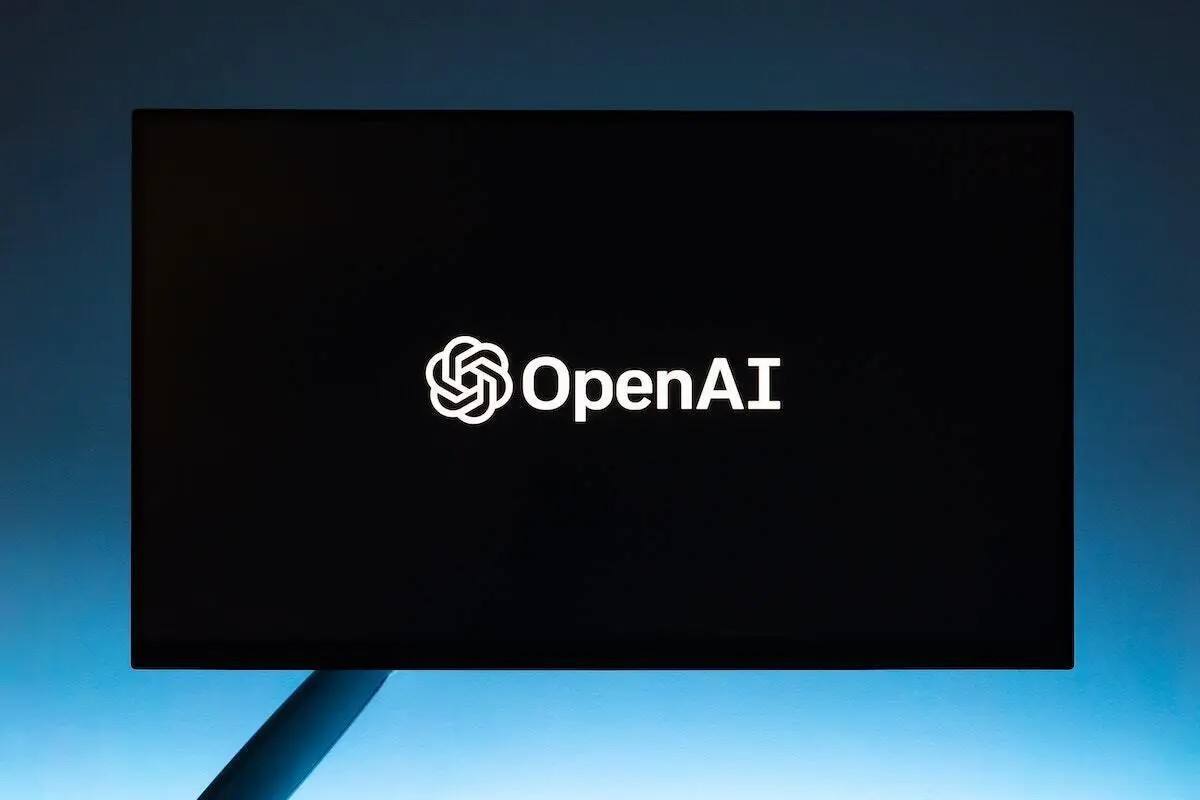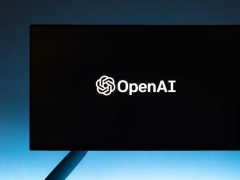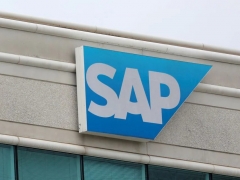Alphabet, the parent company of Google, and Microsoft have recently unveiled significant investments in artificial intelligence (AI) across Western Europe, likely in anticipation of forthcoming AI regulations proposed by the European Union, expected to be introduced in April.
A newly established Google AI hub in Paris is set to accommodate over 300 Google researchers and engineers, including teams from Chrome and YouTube development, as disclosed by the French Finance Ministry. The hub aims to expedite the advancement of AI-driven products in France, forge new academic and research collaborations, and enhance the adoption of AI tools among French professionals, according to a news release by the French Finance Ministry on February 14.
France has positioned itself as a prominent European center for AI innovation. Notably, Mistal AI, a French AI firm founded in April 2023 by former researchers from Google DeepMind and Meta, has swiftly amassed a valuation of approximately US $2 billion, with initial funding totaling around US $415 million.
Meanwhile, Microsoft has committed to investing €3.2 billion (US $3.4 billion) by the conclusion of 2025 to bolster the company's AI infrastructure and cloud capabilities in Germany. Brad Smith, President of Microsoft, emphasized in a Tweet the company's dedication to empowering German enterprises with AI to sustain global competitiveness. This investment is poised to double Microsoft's AI infrastructure and cloud capacity to meet the escalating demand for AI services in the country.
German Chancellor Olaf Scholz hailed the investment, asserting that it would enhance the computing infrastructure and fortify the German AI ecosystem, according to a press release.
The investment will be channeled into establishing new data centers near Frankfurt and in North Rhine-Westphalia, with a portion earmarked for training approximately 1.2 million German workers, as outlined by Smith.
These investments by both tech giants in Western Europe seem geared towards aligning with EU AI regulations, as noted by Jason Wong, distinguished vice president analyst at Gartner. Wong emphasized that companies like Microsoft and Google, hosting generative AI models, would need to develop requisite infrastructure and operations in Europe to adhere to evolving regulations concerning AI data and usage by consumers and enterprises.
This week, two parliamentary groups in the European Parliament endorsed a provisional agreement, paving the way for an upcoming vote in April on groundbreaking legislation that would establish the world's inaugural AI regulations. The proposed EU AI Act seeks to prohibit the deployment of AI posing "unacceptable risks," such as cognitive behavioral manipulation or discriminatory classification based on personal characteristics.
Furthermore, the legislation mandates the registration of high-risk AI applications, including those employed in automotive, medical, and aviation sectors, along with AI utilized in law enforcement, education, and critical infrastructure operations. General-purpose AIs like ChatGPT or Google's Gemini would be subject to transparency requirements, necessitating disclosure of AI-generated content. Developers would also be mandated to design AI models to prevent the generation of illegal content, as stipulated by the EU legislation.







